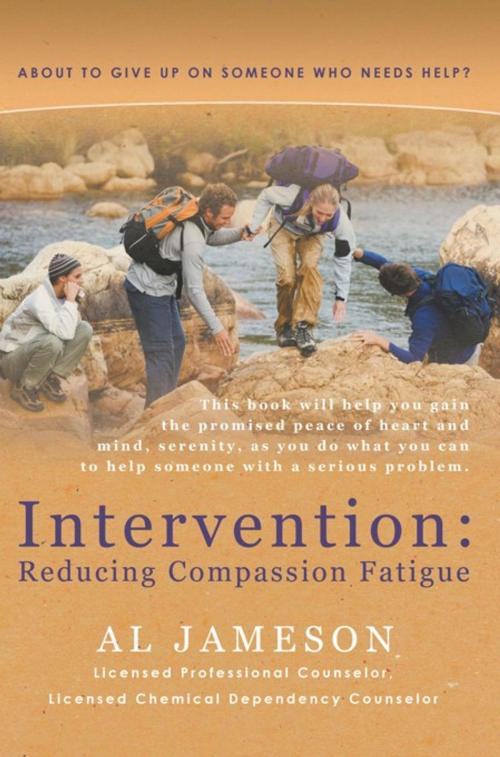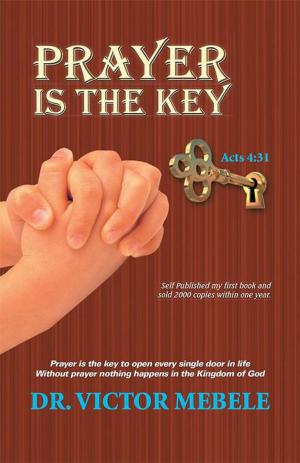Intervention: Reducing Compassion Fatigue
About to Give up on Someone Who Needs Help?
Nonfiction, Health & Well Being, Self Help| Author: | Al Jameson | ISBN: | 9781449759537 |
| Publisher: | WestBow Press | Publication: | July 19, 2012 |
| Imprint: | WestBow Press | Language: | English |
| Author: | Al Jameson |
| ISBN: | 9781449759537 |
| Publisher: | WestBow Press |
| Publication: | July 19, 2012 |
| Imprint: | WestBow Press |
| Language: | English |
This book is designed to help religious leaders, professional counselors, concerned family members, and individuals offer viable, appropriate levels of care to someone with an addiction problem, one who refuses to accept assisted-living conditions or comply with medical advice. Using tools in this book can increase awareness of the issue and acceptance of recovery.
Learn how to avoid compassion fatigue while using healthy personal boundaries. Because these tools are likely used in an emotional setting, the least emotionally involved helper or leader is the best person for attempting an organized intervention. Concerned others may be able to find serenity after going through this process.
This book teaches a mini-intervention or one-on-one short meeting as a setup for a full-blown maxi-intervention later, if necessary. If the maxi-intervention is not successful at first, next steps and consequences are taught. These steps are in keeping with Jesus instructions on how to approach someone with an issue.
This book compiles thirty-nine years of studying and experience of achieving compliance with the best of care for someone refusing help with a serious issue. In using these steps and illustrations, 90 percent of the full maxi-interventions result in beginning the first stages of treatment or recovery.
This book is designed to help religious leaders, professional counselors, concerned family members, and individuals offer viable, appropriate levels of care to someone with an addiction problem, one who refuses to accept assisted-living conditions or comply with medical advice. Using tools in this book can increase awareness of the issue and acceptance of recovery.
Learn how to avoid compassion fatigue while using healthy personal boundaries. Because these tools are likely used in an emotional setting, the least emotionally involved helper or leader is the best person for attempting an organized intervention. Concerned others may be able to find serenity after going through this process.
This book teaches a mini-intervention or one-on-one short meeting as a setup for a full-blown maxi-intervention later, if necessary. If the maxi-intervention is not successful at first, next steps and consequences are taught. These steps are in keeping with Jesus instructions on how to approach someone with an issue.
This book compiles thirty-nine years of studying and experience of achieving compliance with the best of care for someone refusing help with a serious issue. In using these steps and illustrations, 90 percent of the full maxi-interventions result in beginning the first stages of treatment or recovery.















